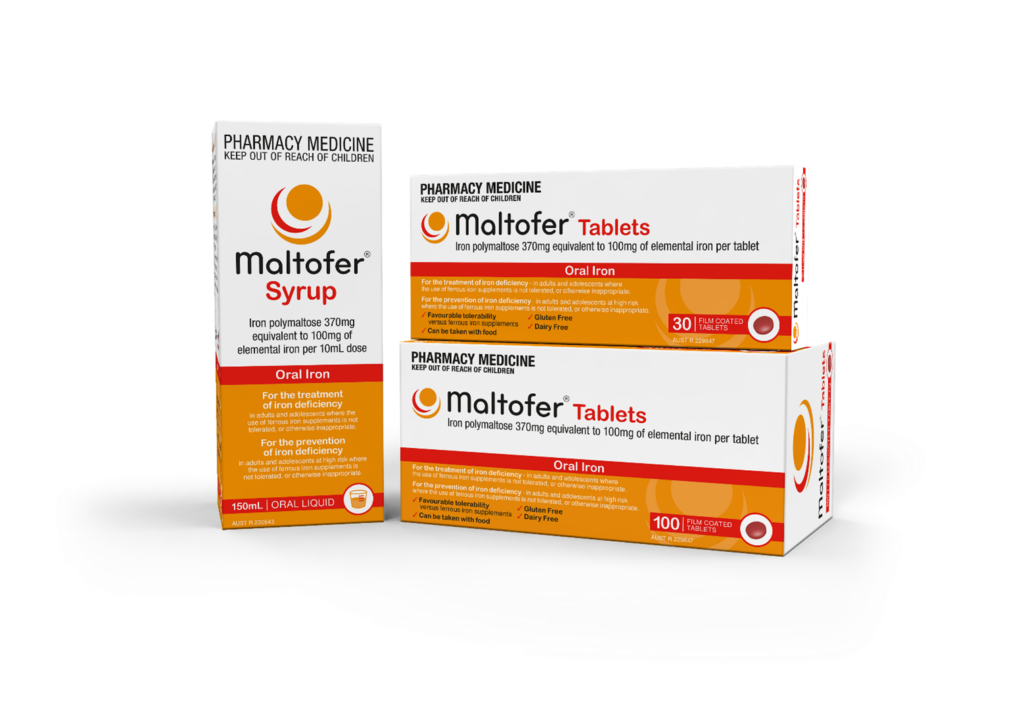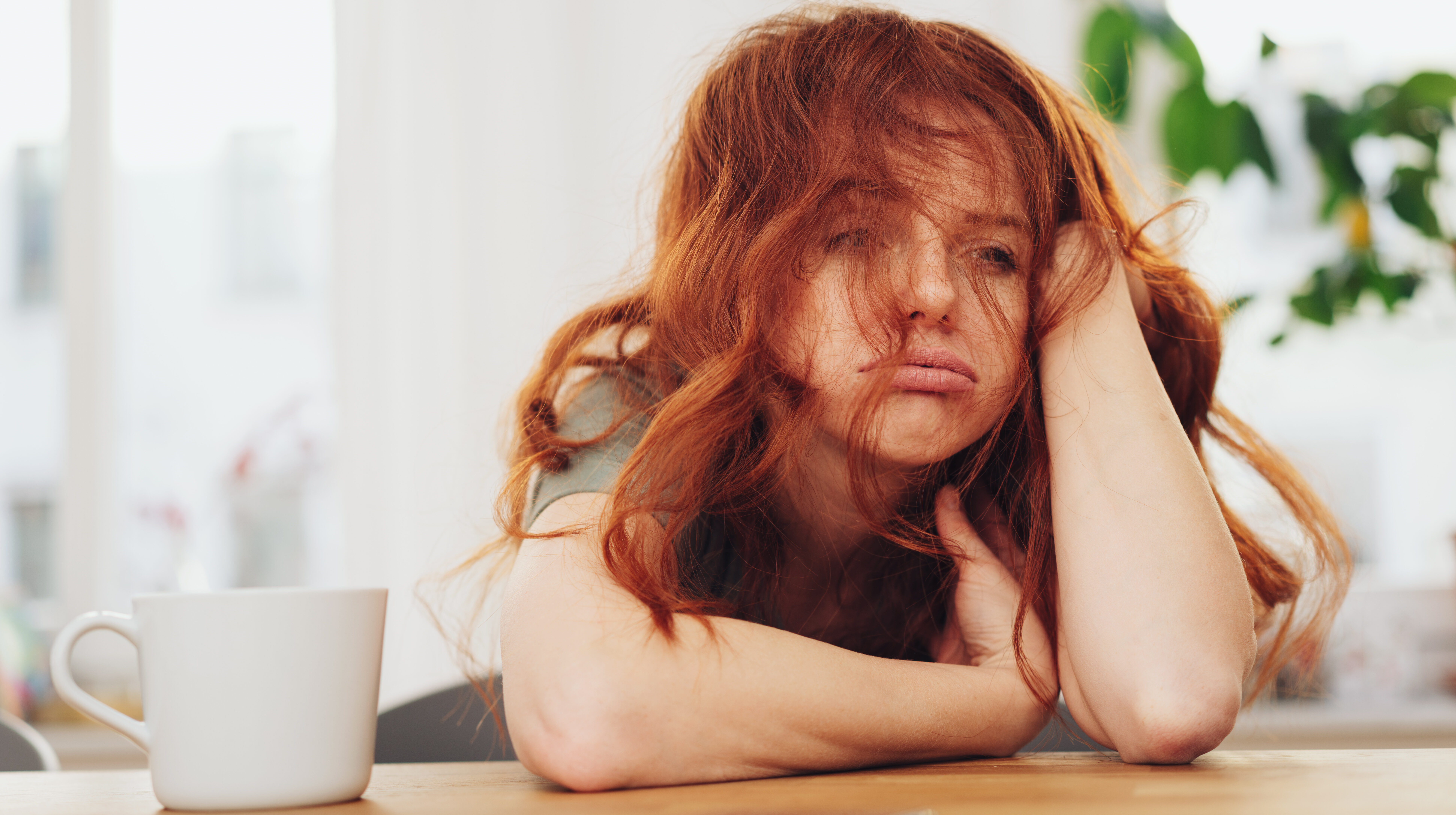Did you know that the menstrual cycle can affect body iron levels? Each month, when you bleed, you lose not just blood but also iron. Healthy iron levels are vital for your energy and overall wellbeing.
Understanding this connection is powerful. Low iron can impact your daily life, making you feel tired and sluggish. By knowing how menstruation affects your iron levels, you can take steps to stay healthy and energised.
Let’s dive into the top five FAQs about iron deficiency and menstruation.
FAQ 1: How Does Menstruation Affect Iron Levels?
About 70% of the iron in your body is found in your red blood cells. During menstruation, women lose blood and — consequently — iron.
The amount of iron lost depends on the heaviness of the flow. An average period results in 30 to 40 mL of blood loss. However, women with heavy bleeding may lose up to 80 mL.
Menstruation — especially heavy menstrual bleeding (menorrhagia) — can significantly impact iron levels in women. The blood loss may deplete iron stores faster than they can be replaced through diet alone.
Recent analyses suggest up to 50% of women experience heavy periods. So, it makes sense that women are at a higher risk of iron deficiency. What’s more, heavy periods are frequently underreported, leading to a lack of awareness and proper management.
FAQ 2: What Are the Symptoms of Iron Deficiency During Menstruation?

Iron deficiency can lead to a wide array of symptoms, many of which impact your daily life.
Low iron symptoms can be categorised into a few key areas:
- General Fatigue and Weakness: Iron deficiency can lead to feelings of fatigue, weakness, and shortness of breath. This is primarily due to the reduced ability of red blood cells to transport oxygen throughout the body, resulting in lower energy levels.
- Cognitive and Mental Impacts: Low iron may also affect how well your brain works. You might have difficulty concentrating, poor memory, or “brain fog”. This can impact work and school performance.
- Physical Symptoms: These can include dizziness, restless legs, hair loss, and lower libido (sex drive). You might even notice unusual cravings for non-food items like ice or dirt.
- Impaired Immune Function: Low iron can also compromise how well your immune system works. Iron is a key ingredient to help your body fight infections.
These symptoms reflect the wide-ranging impact of iron on various body systems, from oxygen transport to skin cell function.
FAQ 3: How Can I Maintain Healthy Iron Levels While Menstruating?
You can keep your iron levels in the healthy range during your menstrual cycle by considering a few key factors.
Dietary Choices

Increasing the amount of iron-rich foods you eat is fundamental. To do that, you’ll need to increase your intake of haem iron or non-haem iron foods:
- Haem iron: Sourced from animal products like red meat, poultry, and fish, haem iron is more easily absorbed by our bodies.
- Non-haem iron: Found in plant sources like legumes, fortified cereals, whole grains, nuts, seeds, and dried fruits, non-haem iron is a bit trickier for our bodies to absorb.
Combining vitamin C-rich foods with iron-rich meals can enhance iron absorption. For example, having a glass of orange juice with a meal containing lentils can help the body absorb more iron.
Be aware that certain foods and drinks can hinder iron uptake. Limit the consumption of tea, coffee, wine, soy protein, and foods high in calcium and phosphorus, especially with iron-rich meals.
Iron Supplements

If dietary changes alone are insufficient, iron supplements can be helpful. Women with heavy periods may struggle to overcome iron loss with iron intake from food alone. And for women who suffer constipation from ferrous iron, or otherwise cannot tolerate ferrous iron, a supplement such as Maltofer Tablets or Maltofer Syrup can deliver a therapeutic dose of iron to help boost iron levels.
Consult a doctor before starting any iron supplements. They’ll need to work out the best type and dose for you. It’s important to avoid the temptation to self-diagnose or self-medicate with iron supplements, as excessive iron intake can be toxic.
FAQ 4: Do Women Need More Iron Than Men?

Women generally need more iron than men, especially during their reproductive years.
The Recommended Daily Intake (RDI) for iron in Australia varies between men and women between the ages of 19 and 50. For women aged 19 to 50, the RDI is 18 mg/day, while for men aged 19 and over, it’s only 8 mg/day.
This difference comes about primarily because of menstruation, since women lose iron through menstrual blood loss every month. The amount of iron lost varies depending on the flow, but it contributes to a higher iron requirement for women than men.
In women who are pregnant, iron requirements increase significantly. Pregnancy requires more iron to support the growing baby and later for milk production. In fact, the RDI for iron for pregnant women jumps to 27 mg/day.
FAQ 5: When Should I Consider Iron Supplements for Menstruation-Related Iron Deficiency?
Iron deficiency can result in a variety of symptoms beyond just persistent fatigue. It can contribute to pale skin, dizziness, headache, restless legs, hair loss, and brittle nails. Iron supplements can address these diverse symptoms by helping to restore iron levels to a healthy range.
To find out if you have low iron levels, you need to have a blood test. Your doctor can help you work out how to manage menstruation-related iron deficiency, with a treatment plan tailored to your situation.
While dietary changes can help, they may not fully offset the significant iron loss through menstruation. In this situation, iron supplements provide a direct and effective way to replenish iron stores.
For women with menstruation-related iron deficiency who experience constipation from ferrous iron supplements, or otherwise cannot tolerate ferrous iron, a supplement such as Maltofer Tablets or Maltofer Syrup can provide a therapeutic dose of iron, which can help improve iron levels.





